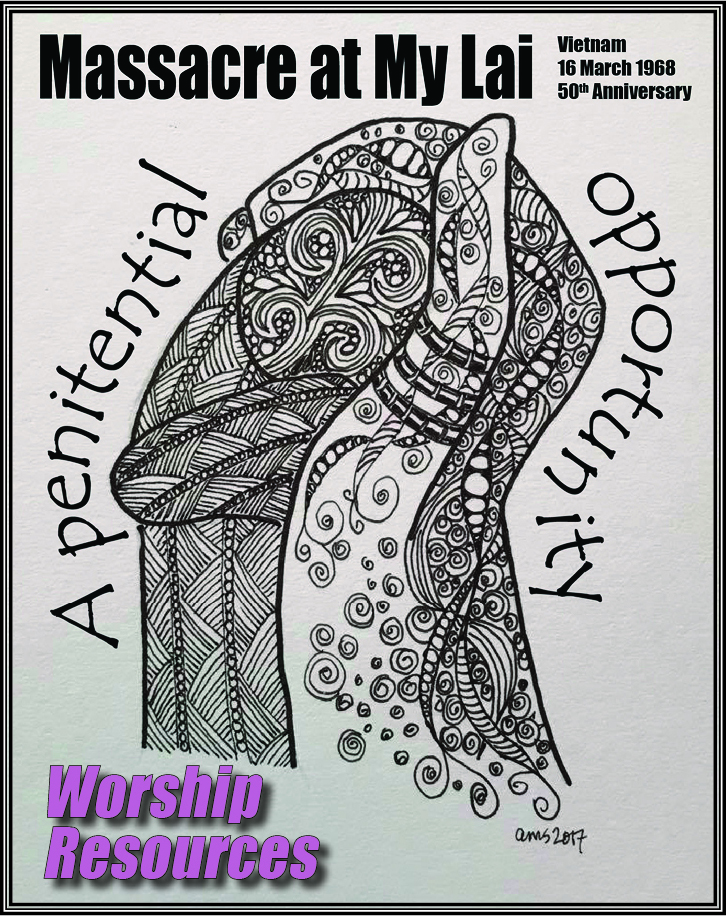§ On March 16, 1968, Lt. William Calley led his platoon into the hamlet of My Lai in the Quang Ngai Province of Vietnam. They raped women and girls and shot indiscriminately at civilians as they ran from their huts. Survivors were rounded up and executed in a ditch. Over several hours, more than 500 civilians were massacred. Only Lt. Calley was found guilty of any crime. Convicted of premeditated murder, he was sentenced to life in prison at hard labor but was pardoned by President Richard Nixon after serving five months in prison and 35 months under house arrest.
§ “I was ordered to go in there and destroy the enemy. That was my job that day. That was the mission I was given. I did not sit down and think in terms of men, women, and children. They were all classified as the same, and that’s the classification that we dealt with over there, just as the enemy. I felt then and I still do that I acted as I was directed, and I carried out the order that I was given and I do not feel wrong in doing so.” —Lt. William Calley
§ At Calley’s trial, one defense witness testified that he remembered Captain Ernest Medina ordering the soldiers to destroy everything in the village that was “walking, crawling or growing”.
Read more ›

 ability to leap from our context to construct a service incorporating the insights from other spiritual traditions. We recognize that honest interfaith engagement does not include abandoning our own confessional expressions, though it does mean holding such convictions with humility. Among other things, humility requires listening, the most penitential posture when approaching God, who always—always—calls to us from beyond borders and boundaries.
ability to leap from our context to construct a service incorporating the insights from other spiritual traditions. We recognize that honest interfaith engagement does not include abandoning our own confessional expressions, though it does mean holding such convictions with humility. Among other things, humility requires listening, the most penitential posture when approaching God, who always—always—calls to us from beyond borders and boundaries.

 by Ken Sehested
by Ken Sehested